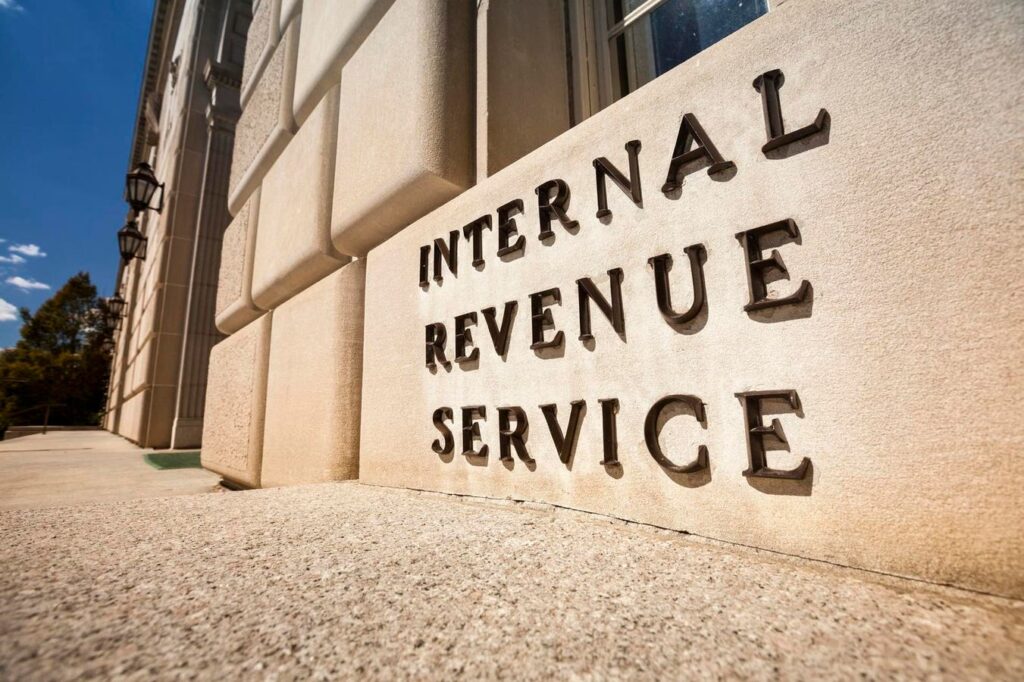In recent years, the IRS has taken a more defensive posture as it seeks to have federal courts validate its guidance. Indeed, many federal courts have overruled such guidance on procedural grounds, such as the agency’s failure to comply with the Administrative Procedure Act (APA). After the Supreme Court’s 2024 decision in Loper Bright, we can expect these types of challenges to continue on both substantive and procedural grounds.
Unfortunately, Treasury and the IRS recently foreclosed these types of challenges before the IRS Independent Office of Appeals (IRS Appeals). Specifically, on January 15, 2025, they issued final regulations that would preclude IRS Appeals from entertaining taxpayer challenges to regulations, notices, and revenue procedures (IRS Guidance). Regrettably, taxpayers with legitimate arguments against IRS Guidance will need to consider the costs and burdens associated with litigating their claims in federal courts, recognizing that IRS Appeals will not consider their arguments under the final regulations.
IRS Appeals
Since 1927, taxpayers have been able to work with a quasi-independent agency within the IRS to resolve their tax disputes without litigation. Currently referred to as the IRS Independent Office of Appeals, this branch of the IRS listens to and weights taxpayer arguments and renders a decision that aims to be fair and impartial to both the government and the taxpayer. Generally, any differences between the IRS and a taxpayer are resolved through a “hazards of litigation” analysis—i.e., what the appeals officer believes the taxpayer’s likelihood of success would be if the case were litigated in federal court.
On July 1, 2019, Congress codified many IRS Appeals principles through enactment of the Taxpayer First Act of 2019 (TFA). Under the TFA, IRS Appeals has a statutory obligation to resolve federal tax controversies without litigation on a basis which: (1) is fair and impartial to both the government and the taxpayer; (2) promotes a consistent application and interpretation of, and voluntary compliance with, the federal tax laws; and (3) enhances public confidence in the integrity and efficiency of the IRS. In addition, the TFA mandates that IRS Appeals rights are “generally available to all taxpayers.”
The TFA Treasury Regulations
Of course, congressional usage of the term “generally available” necessarily implies that there are some exceptions to appeals review. Even prior to the TFA, IRS Appeals refused to consider all federal tax disputes. For example, a pre-TFA IRS Chief Counsel Memorandum noted that appeals officers enjoyed the right to refuse a case if the dispute related to the constitutionality of a federal tax statute. See CCA 201902031. In addition, the government could refuse to send a case to IRS Appeals if resolution of the issues would further strategical goals of the government (e.g., to establish precedent through a federal court decision).
After passage of the TFA, Treasury and the IRS sought to consolidate their existing appeals guidance and also add additional rules regarding the scope of cases that could be heard by IRS Appeals. On September 13, 2022, they issued proposed regulations under the TFA, which were later finalized on January 15, 2025. Generally, the final regulations apply to IRS Appeals’ requests that are received by the IRS Appeals officer on or after February 14, 2025.
IRS Appeals Authority
The final regulations provide that IRS Appeals has the authority to resolve a “federal tax controversy” unless the issue is specifically excluded under Treas. Reg. § 301.7803-2(c). For these purposes, a federal tax controversy means—
a dispute over an administrative determination with respect to a particular taxpayer made by the IRS in administering or enforcing the internal revenue laws, related Federal tax statutes, and tax conventions to which the United States is a party (collectively referred to as internal revenue laws) that arises out of the examination, collection, or execution of other activities concerning the amount or legality of the taxpayer’s income, employment, excise, or estate and gift tax liability; a penalty; or an addition to tax under the internal revenue laws.
The regulations also clarify that certain liabilities and penalties outside the Internal Revenue Code (e.g., FBAR penalties under Title 31) are included within the definition of a federal tax controversy.
The IRS Guidance Exclusion
Treas. Reg. § 301.7803-2(c) provides a laundry list of exclusions from IRS Appeals review. Treas. Reg. § 301.7803-2(c)(19) and -2(c)(20) address taxpayer challenges to IRS Guidance.
Under Treas. Reg. § 301.7803-2(c)(19), IRS Appeals generally may not consider taxpayer challenges to the validity of a treasury regulation. This includes both substantive and procedural challenges.
Similarly, Treas. Reg. § 301.7803-2(c)(20) generally prohibits IRS Appeals from considering whether the IRS failed, with respect to either an IRS notice or a revenue procedure, in “comply[ing] with administrative law requirements, such as notice and comment under [the APA].”
There is a notable exception applicable to both exclusions. Specifically, taxpayers may raise challenges to IRS Guidance if a federal court has found the guidance invalid and the decision is “unreviewable,” i.e., there are no more rights to appellate review of the decision.
Conclusion
Recent court decisions have served as a reminder that the IRS is not immune to having its guidance rendered invalid. Regrettably, though, the final regulations will require taxpayers with similar challenges to IRS Guidance to raise those challenges only in federal court. Because the final regulations preclude taxpayers from raising these contentions before IRS Appeals, taxpayers should be mindful of the litigation expenses that may be necessary in prosecuting their claims and advancing these arguments.
Read the full article here

